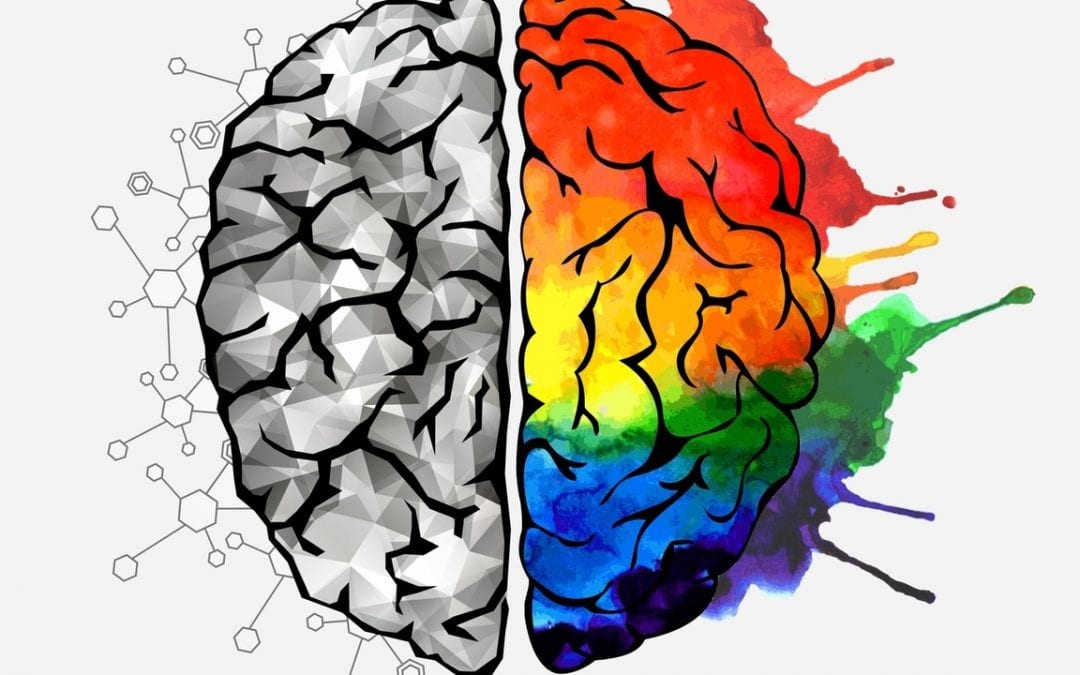By: Serena Goldsmith
As a peer counselor, speaker, and mental health clinician, many people have shared with me that they feel stigmatized by having a mental health diagnosis and they feel reluctant to tell others about it. I felt that way too for many years after I was diagnosed with bipolar disorder.
When I was diagnosed 25 years ago, I didn’t know very much about bipolar disorder, and I didn’t know how to understand or make sense out of what I was experiencing, let alone explain it to my friends or family members. My parents and younger brother witnessed my experiences firsthand, so they knew more than anyone else. I was very lucky to have supportive family by my side, but I think they also felt reluctant to talk about my experience with others. There seemed to be an unspoken understanding that one didn’t speak of the “mental illness” of oneself or a family member because it was shameful and needed to be kept hidden.
Following my first severe depressive episode, when I was hospitalized for the first time and treated with psychiatric medications and electro-convulsive therapy, I began to think of myself as a “mental patient,” as opposed to what I was before—a high-achieving college student with a promising future. The peer and recovery movement was in its infancy at the time, and I did not know anyone with a bipolar diagnosis who was doing well to give me hope of a brighter future. There was a feeling in my immediate family of this is my/our issue and we’re handling it alone, save for my appointments with psychiatrists and therapists.
Although I was able to return to college and graduate at the top of my class, my mental patient identity was stronger than my identity as a college graduate embarking on a new and exciting life chapter. This identity was something I tried to hide from others as much as possible because I was ashamed of it and of how my brain could betray me, which felt completely out of my control. I felt like I was a lesser person because of my label and my experiences.
A few years after my diagnosis, I found a spiritual center where I met welcoming, loving and non-judgmental people. I felt safe there to be myself and to open up and allow others to get to know the real me, and I gained mutually supportive friendships. I learned that who I am as a spiritual being – my true, highest self – cannot be violated or changed by my human experiences. I also learned the importance and power of my thoughts and beliefs in shaping my reality, and began to use positive affirmations and other tools to change my thinking, and ultimately my life experiences. How I thought of myself gradually began to shift as I focused on my strengths, educated myself about my condition, learned new wellness and self-care strategies, and strengthened my support network. Over time, I learned how to become the master of my brain and body, so that I felt in control of my health and wellness, and no longer felt like a victim.
Two decades later, my recovery journey has come full circle as I now have the privilege to support others on their journeys and help them to navigate their unique paths to self-discovery, healing, and wellness. All of the things I have experienced and learned along my path have become the gifts that I can contribute to others. Today I feel no stigma from others because I have let go of my internalized stigma, and I believe that others reflect back to us what we feel about ourselves.
Over the last several years, I have publicly spoken out about my experiences with bipolar because I believe in instilling hope and creating a safe space where others are supported to share their true selves. As I was able to become more transparent and open with others, I found that there is nothing to feel ashamed about. I am proud of all of who I am: of my past, of my accomplishments, and of the inner and outer work I have done to become the person I am today.
I tell my clients who have a bipolar diagnosis to believe in themselves and in their strengths and abilities. I advise them not to give their power away to the limiting or stigmatizing beliefs of others regarding what they are capable of becoming and accomplishing, for what they believe about themselves and about their ability to create their life the way they want it to be is the only limit!
*To hear more from Serena Goldsmith, check out her webinar for IBPF here: https://ibpf.org/article/serena-goldsmith-story-hope-and-recovery *


